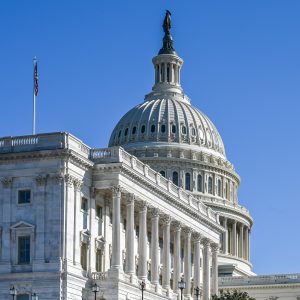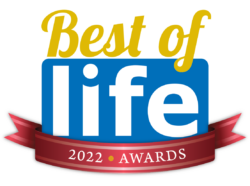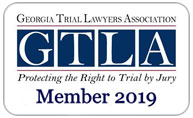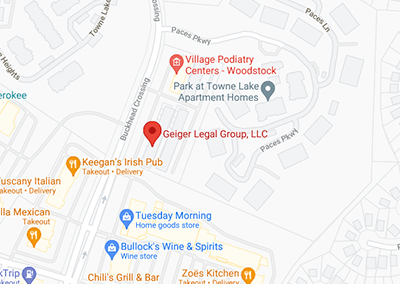SBA Loans under the Paycheck Protection loan program (PPP Loans) as part of the new CARES (Coronavirus Aid, Relief, and Economic Security) Act.

The final wording of the CARES act has been passed by the House vote and is expected to be signed into law by the President. All signs point to approval without further changes and the funding of the program by the end of next week.
The legislation underwent several changes to initial drafts. These changes were made to focus the intent of the program on small businesses retaining employees; providing support for payment of those expenses specifically related to employment.
How Much Can Be Borrowed?
Businesses can borrow an amount that is 2.5 times the monthly expenses related to “payroll costs” determined by averaging such costs over the previous year. Those “payroll costs” include salaries, wages and other compensations, commissions, paid vacations, parental, family, medical, and sick leave, group health care and insurance costs.
The loan amount can also be increased by the amount needed to refinance a loan taken out subsequent to January 31, 2020 (basically a loan used to keep the business running during this time).
Other calculation methods are available for new businesses not in existence for the entirety of last year and businesses that pay seasonal workers. There are limitations for employees or sole proprietors whose annual compensation exceeds $100,000.00. Borrowers will have to certify to the lender and the SBA that the loan request meets the approved purposes.
What Can the Loans Be Used For?
Loans can be used to pay for those payroll costs along with payments for rent, utilities, mortgage loans on the business location, and other business loan interest, (not principal or prepayments).
What Are the Loan Terms?
Loans will have a maximum interest rate of 4.00% with a 10-year maximum payment term. Payments will be deferred for not less than six months or more than twelve months. There is no collateral requirement and business owners will not have to personally guarantee the loan. The SBA has also waived its normal guaranty fee (typically the largest closing cost in an SBA loan).
Can Loan Amounts Be Forgiven?
Yes, if the loan is used for the above purposes. The amount forgiven will be reduced if a business lays off employees or reduces compensation to those employees. If a business has to lay off employees during the 30 days following the signing date of the act, such layoffs will not count against the forgiveness amount if those employees are re-hired by June 30, 2020.
Of course, this is a summary of the bill and is designed to cover the highlights that affect the most small businesses. Other provisions may apply to specific businesses, so the entire bill can be found at the following website.
FOR EXAMPLE: A local restaurant has annual payroll costs of $1,200,000.00 which includes the total of all the defined costs under the act. Those costs may be higher in the summer months than in the lower months, but the monthly average works out to $100,000.00.
That $100,000.00 amount multiplied by 2.5 equals $250,000.00. If the owner had to take out a $150,000.00 line of credit to cover operating costs after January 29, 2020, when business started to decline, then the amount necessary to refinance that loan can be included in the loan amount.
The loan amount can be increased to $400,000.00, ($250,000 +$150,000). The restaurant owner can then use the loan proceeds can be used for payroll costs along with rent, mortgage payments, and other approved operating costs.














